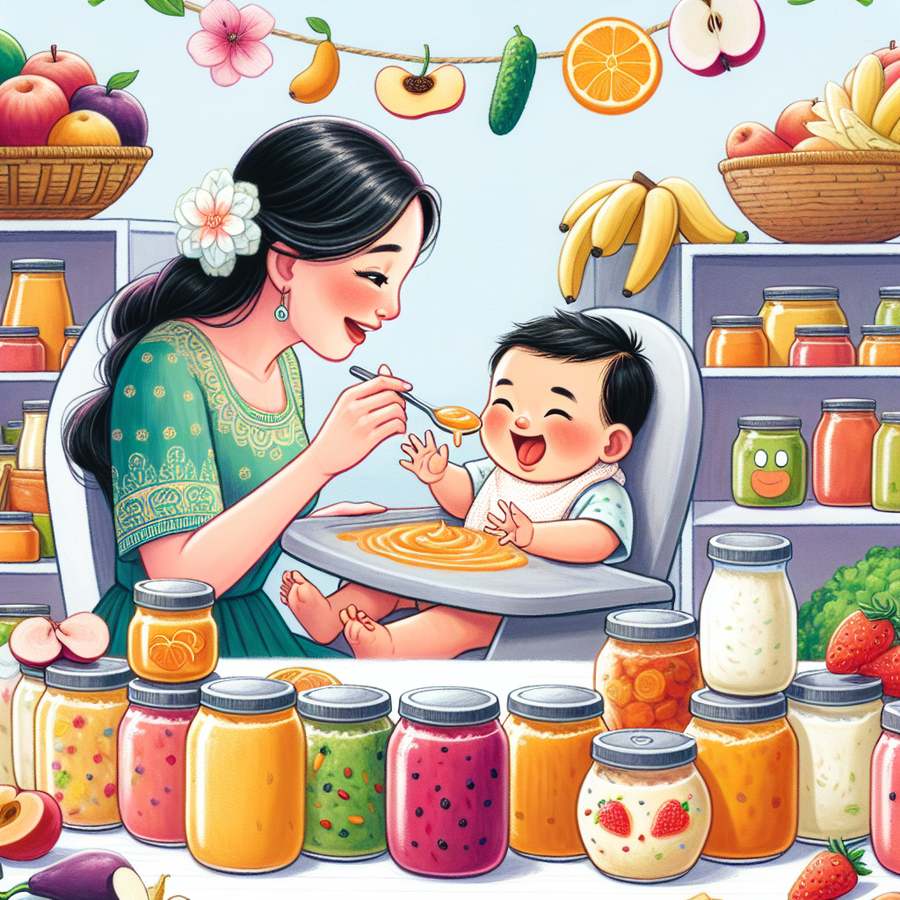Homemade baby formula alternatives: Are they safe? This question has become increasingly pertinent for parents seeking nutritious and cost-effective options for their infants. In this comprehensive guide, we delve into the safety, nutrition, and considerations of homemade baby formula alternatives, equipping parents with the knowledge to make informed decisions for their little ones.
Understanding Homemade Baby Formula Alternatives
Homemade baby formula alternatives refer to any nutritional mixtures created outside of the commercial manufacturing process, intended to replace or supplement breast milk or commercial baby formulas. These alternatives have gained attention due to various reasons, including dietary restrictions, allergies, and personal preference for natural ingredients. However, the safety and nutritional adequacy of these homemade concoctions are subjects of ongoing debate among healthcare professionals.
It’s crucial to understand that commercial baby formulas are developed with the guidance of extensive research, designed to closely mimic the nutritional profile of human breast milk. They undergo rigorous testing and meet strict regulatory standards to ensure they provide all the necessary nutrients for an infant’s growth and development. In contrast, homemade baby formula alternatives lack this level of scrutiny and standardization, raising concerns about their nutritional sufficiency and safety.
Homemade baby formula alternatives: Are they safe?
The primary concern with homemade baby formula alternatives is their potential to lack essential nutrients required for a baby’s development. Infants have specific nutritional needs, including vitamins, minerals, fats, proteins, and carbohydrates, which are meticulously balanced in commercial formulas. Homemade alternatives might not provide this balance, leading to nutritional deficiencies or excesses that can affect an infant’s health.
Another significant risk is the possibility of contamination. Without proper sterilization techniques and standards, homemade formulas can harbor bacteria, viruses, or other pathogens that pose serious health risks to infants. Furthermore, the improper storage or handling of these homemade mixtures can further increase the risk of contamination and illness.
Professional Guidance and Considerations
Given the potential risks associated with homemade baby formula alternatives, it’s imperative for parents to seek professional advice before considering this option. Pediatricians and registered dietitians can provide guidance tailored to an infant’s specific health needs, dietary restrictions, and developmental stages. They can also suggest safer alternatives or adjustments to ensure that a baby receives adequate nutrition.
For parents adamant about pursuing homemade baby formula alternatives, thorough research and careful preparation are essential. It’s crucial to follow recipes from reputable sources, ensure all ingredients are of high quality, and adhere to strict hygiene practices during preparation and storage. However, even with meticulous care, the risk of nutritional imbalance and contamination cannot be entirely eliminated.
For more detailed guidance on infant nutrition, consider reading Nutritional Needs for Premature Babies: A Comprehensive Guide, which provides insights into catering to the unique nutritional requirements of premature infants. Furthermore, exploring Formula Feeding Schedule for a 2-Month-Old can offer structured advice on formula feeding. Parents dealing with specific dietary concerns can also benefit from reading Lactose Intolerance in Infants: Signs and Solutions.
In conclusion, while homemade baby formula alternatives may seem like a viable option for some families, the potential risks to an infant’s health and development are significant. The lack of standardization, potential for nutritional imbalance, and risk of contamination make these alternatives a less safe choice compared to commercially available formulas. Parents should consult healthcare professionals and consider all factors carefully before deciding on the best feeding option for their baby.













